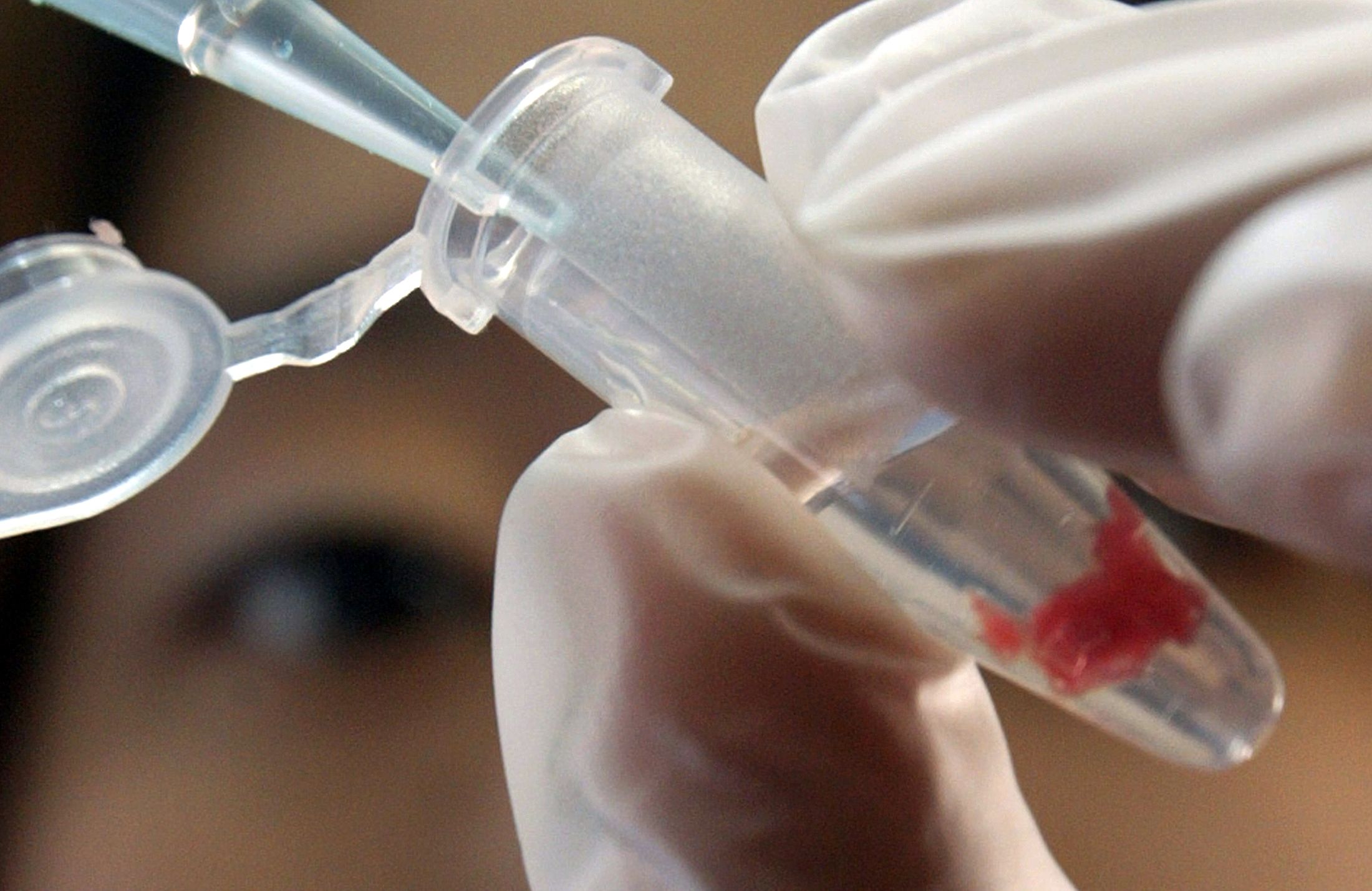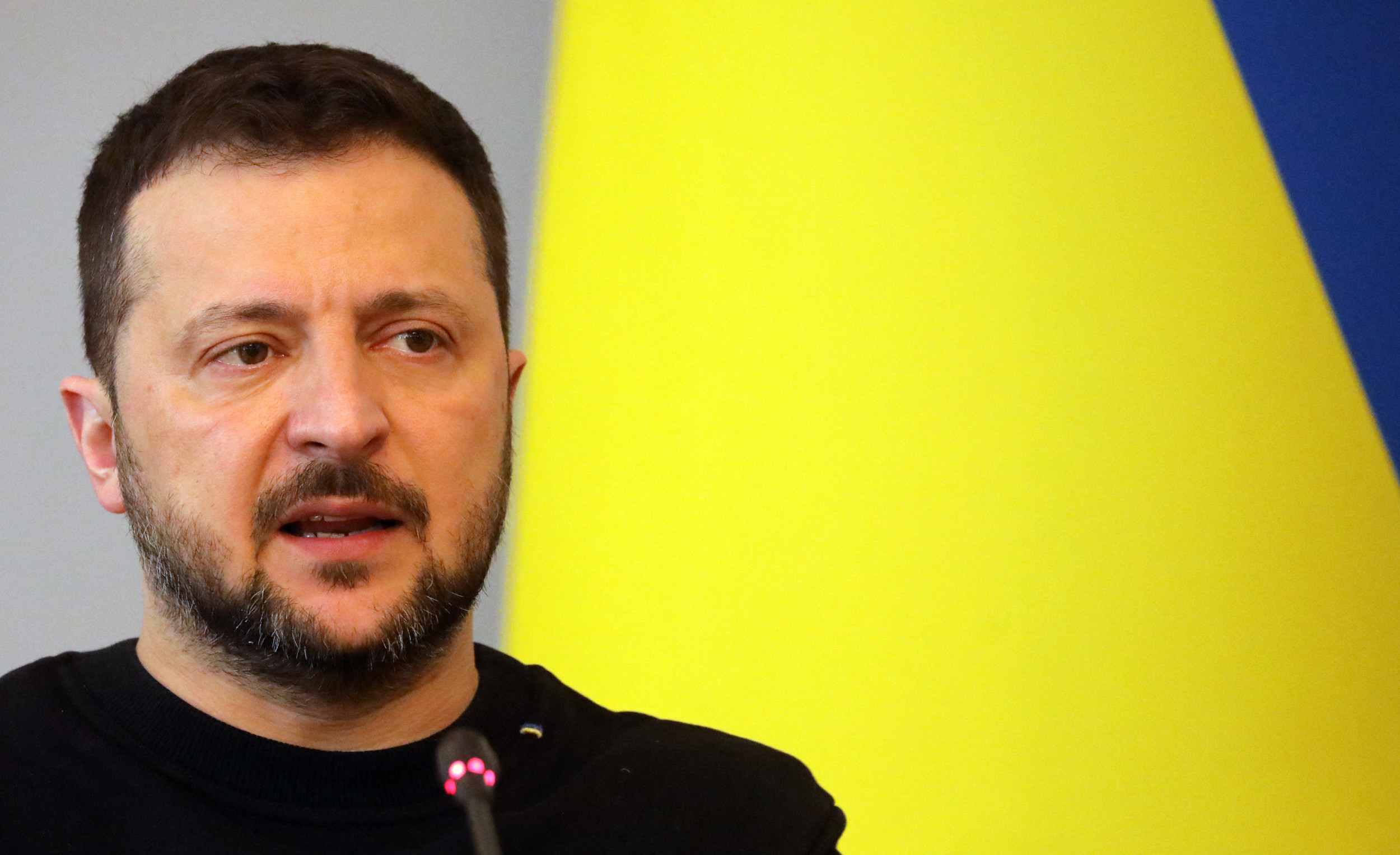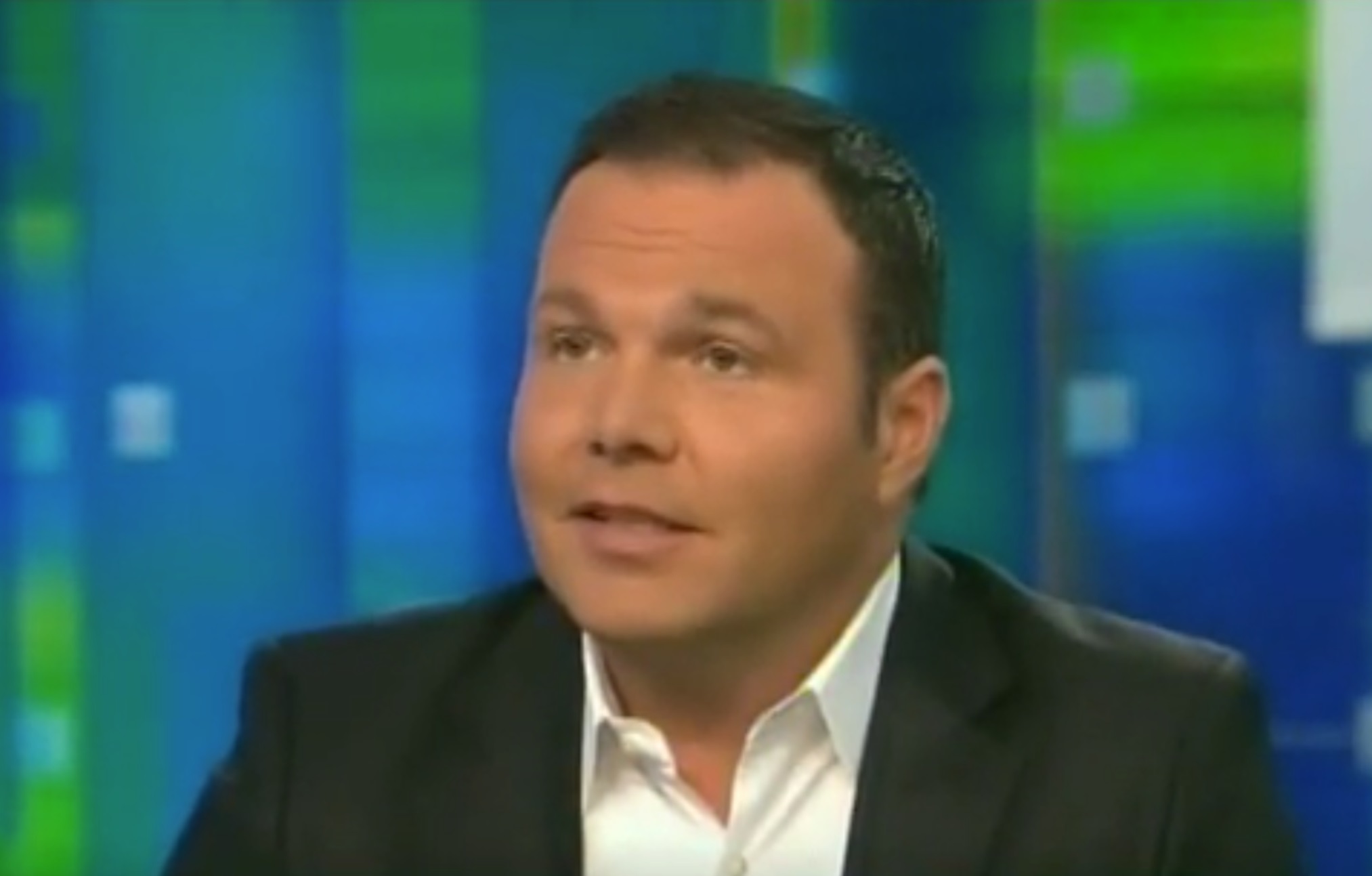
Updated | Human genetic engineering is coming. Science is about to solve some of the worst problems that can happen to people: cystic fibrosis, sickle cell anemia, Alzheimer's and the many other devastating results that can come out of the random genetic lottery that is reproduction. But that power means we are also about to set the bar on what it means to be a person and have a productive life. What will the society of the future think needs repairing? If we "fix" blindness will we also "fix" deafness? What about baldness or being short?
Bruno Bowden, a programmer-turned-angel-investor, doesn't have the answers, but he does want to start talking about these questions now, before the technology arrives in full force. "This is a very important collective decision for society, (and) for society to make good decisions about (genetic engineering), it needs to understand it, and that's where Human Code comes in," Bowden tells Newsweek. To help educate the public so they're qualified to contribute to the discourse on the human genome, Bowden started The Human Code Foundation.
For Bowden, there's always the fear that science will enable us to go too far, creating a race of tall, homogenized beauties—but there's also the possibility we won't go far enough. If we don't understand the technology, we could panic and cut off the potential to save the lives of millions and improve the lives of billions.
In his view, people have already fumbled one potentially world-improving technology, genetically modified organisms (GMOs). (As a Newsweek cover read: GMO Scientists Could Save the World From Hunger, If We Let Them.) Instead of feeding all of Africa, people fret over frankenfood. GMOs hit a wall with public perception, Bowden thinks, because there weren't enough stories about the ways the technology was helping people. With genetic engineering we "will be curing disease and changing people's lives," and Bowden wants that part of the story told.
A world where we can tweak the core of you is coming a lot faster than most of us realize. It was just 15 years ago that the DNA of a single person was first written out in its entirety. Back in 2000, that project cost about $100 million. Since then, tens of thousands of people have had their DNA sequenced, and the cost per sequencing has dropped down to less than $1,000. It's a cost improvement that far outstrips computing's Moore's Law.
In 2012, genetics took another leap. Using a technology called CRISPR, scientists could reliably and cheaply cut and paste in DNA for the first time. The three scientists behind the technology, Jennifer Doudna, Emmanuelle Charpentier and Feng Zhang are all favorites to win the Nobel prize. Changing the DNA sequencing of a living thing used to a massive, labor intensive project; now it can be done quickly by graduate students in a good biolab.
These two advances are about to collide. When they do, medical scientists will be able to selectively choose genetic traits or help people choose from several fertilized embryos. Right now, though, we're at a unique moment in history where we can see a world-changing technology coming in time to talk about the limits we should put on it before it arrives. We don't have to blunder into a biotech dystopia.
Doudna has called for a moratorium on changes in human DNA that would enter the gene pool until we can figure out some of these issues. (Neither Charpentier nor Zhang have taken a public position on the debate.) But CRISPR's first human trial, an attempt to cure a type of genetic blindness by taking the damaged cells out of the body, fixing their genetic error, and returning them, will begin next year.
Much of the idea for the Human Code came when Bowden was helping his friend, scientist and entrepreneur Riccardo Sabatini, prepare a TED Talk about how to read the human genome. Sabatini began his talk by throwing out one of those facts that you learn in freshman biology class and forget about two hours after finals: there are 3 billion bits of code that make up the human DNA. But in this case, he made it real, and made it stick, by wheeling out three bookshelves with 175 volumes of tiny, Bible-sized print making up 275,000 pages. This is the first human genome we ever sequenced, of a scientist at Celera Genomics, Craig Venter.
The difference between you and Steph Curry—or between Curry and Albert Einstein—makes up just 500 of those pages. And of those 175 books, we really only know what the contents of four, about 2 percent, really mean right now, according to Sabatini. But already science is making good use of that knowledge. We can now use the little we know about the human genome to predict a person's height to two inches and body mass index to within 17.5 pounds. We can get to within a couple shades on a person's eye color and skin color. Scientist can even get close to predicting a person's facial features with their DNA.
"The more we learn, the more we will be confronted with decisions that we've never had to make before, about life, about death, about parenting," Sabatini says. "This must be a global conversation. The decisions we make in the next years will change the course of history forever."
One of the first things the Human Code will do is sell bound copies of the human genome text that Sabatini used in his talk. It's both a way of raising money and of raising awareness. Opening one of the heavy volumes, you see stretches of "NNNNN," those are mysteries, segments of DNA that the technology in 2000 couldn't decipher. Each volume is thick and dense with tiny text. Holding one is a small window into the massive complexity that underlies even your most mundane day on the planet.
That's the point, according to Bowden, who used to work as a programmer at Google. "One thing you learn programming in complex systems is you have to be very respectful of the system that is there. Anything you do will probably make the system worse, not better," Bowden says. "What's important is that you're very cautious about any changes."
Bowden says that instead of allowing individual labs and governments to make decisions—like the way GMOs have developed—one of the core principles of genetic tinkering moving forward should be a public, collaborative atmosphere, where decisions are made by experts.
We also need to maintain a healthy respect for diversity, Bowden says. It's a principle that has gotten our human genome through some tough times and is essential in any evolving system. Bowden uses the example of a city, with a wide variety of businesses, some of which may succeed and grow in a given year while others may fail. A city with many different types of companies will be better equipped to survive financially if hard times arrive. If we all rush to give our kids the traits we think are best, we may end up being suckered in by fleeting cultural norms, and losing out on useful diversity. We should tread softly on issues like eliminating deafness, for instance, where a culture and language has developed.
Bowden also says we should accept the concept that there isn't a perfect person. "The future is uncertain, you don't know what the most helpful best thing is for it," cautions Bowden. Genetics are tradeoffs and strength in one area could be weakness in another.
While a cure for cystic fibrosis—a mutation of just two bits of genetic code—may seem closer than ever, we're still in the very early days of understanding the code. The ability to make complex changes to the genome could still be decades away. Right now, genetic engineering requires access to a high tech biolab and that's keeping the technology from falling into novice hands. And only a few people know how to tinker with DNA right now.
The good news is that puts us ahead of the game, providing time for our philosophies and ethics need to catch up to the technology. But the speed bumps to genetic editing that exist now won't last forever and soon DNA hacking will be very cheap and very accessible. Like it or not, change is coming.
"We may look back in horror that we allowed our children to be born of the random processes that nature provides," Sabatini says in his talk.
Corrections: An earlier version of this article mistated details about the first human genome sequencing, it happened in 2000 and Dr. Craig Venter worked for Celera Genomics, not the Human Genome project. The cost of squencing now is around $1,000.
Uncommon Knowledge
Newsweek is committed to challenging conventional wisdom and finding connections in the search for common ground.
Newsweek is committed to challenging conventional wisdom and finding connections in the search for common ground.
About the writer
To read how Newsweek uses AI as a newsroom tool, Click here.








